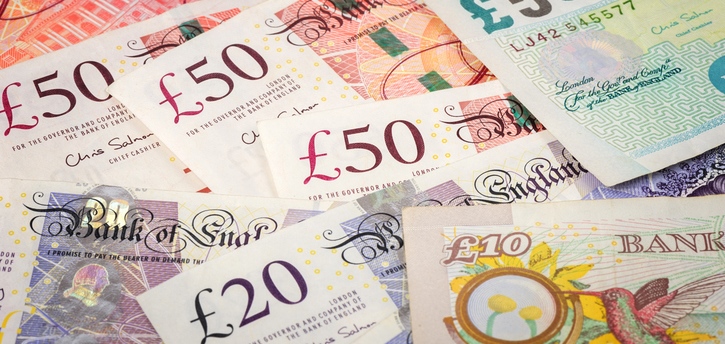‘People deserve better’
An increase in pay growth over the last 12 months belies rocketing in-work poverty and wage levels that are still below those seen before the financial crisis, Unite has warned.
Weekly earnings increased by 3.5 per cent in three months to February compared to the same period last year, according the latest Office for National Statistics figures – the highest level since mid-2008.
In the three months to January there was a 3.4 per cent increase in basic pay, down from a projected rate of 3.5 per cent.
However when inflation is taken into account the real terms increase was just 1.5 per cent – lower than before the 2008 financial crisis.
The ONS data also showed that an extra 179,000 workers were hired, most of whom were women, and the UK’s employment level remained at a record 32.7m people.
Unemployment stayed at 3.9 per cent, the lowest level since the 1970s.
With in-work poverty rising faster than employment and many people trapped in low paid, insecure work, Unite said the figures should be taken in context.
Unite assistant general secretary Steve Turner said the slight increase in pay doesn’t change the fact that wages are still lower than they were before the 2008 crash in real terms and that 4m working people are in poverty.
“Insecure low paid work dominates much of the labour market and for far too many people employment does not pay enough to lift them out of poverty,” Turner said.
“If – as the Tories would like us to believe – the economy is doing so well, why do 70 per cent of children living below the breadline come from working families?
“The people of this country deserve better, which is why we need a £10 minimum wage, the banning of exploitative zero-hour contracts and better workplace access for unions who will help workers organise for better pay and conditions.”
 Like
Like Follow
Follow


